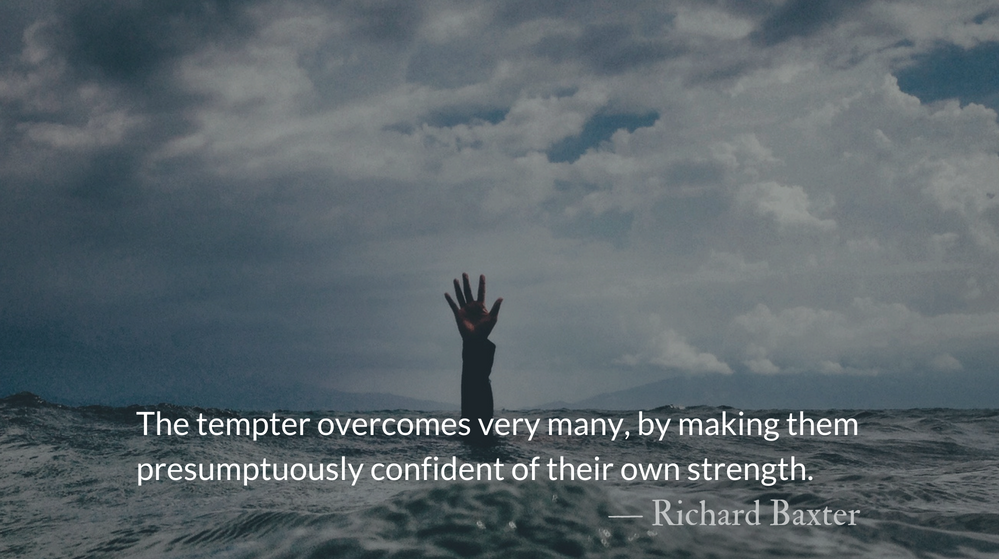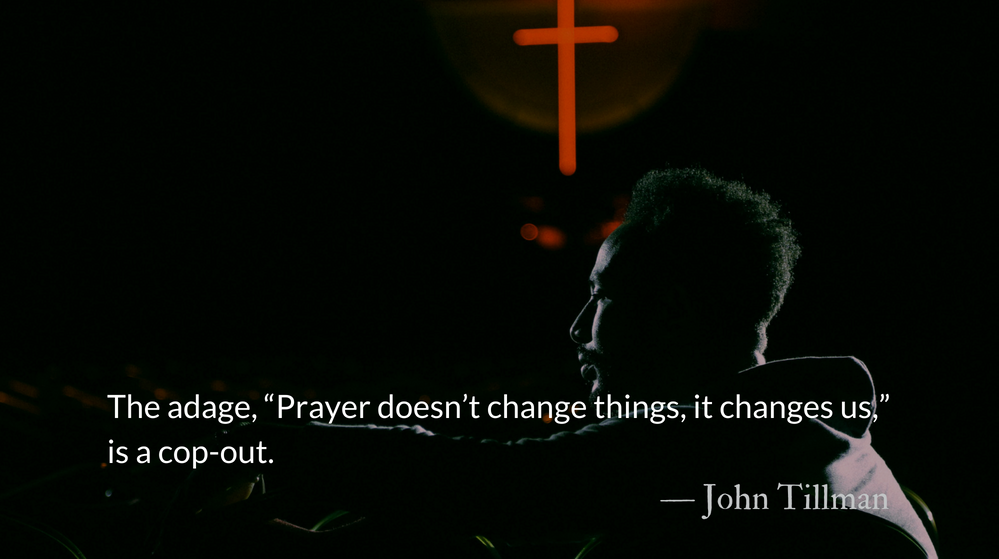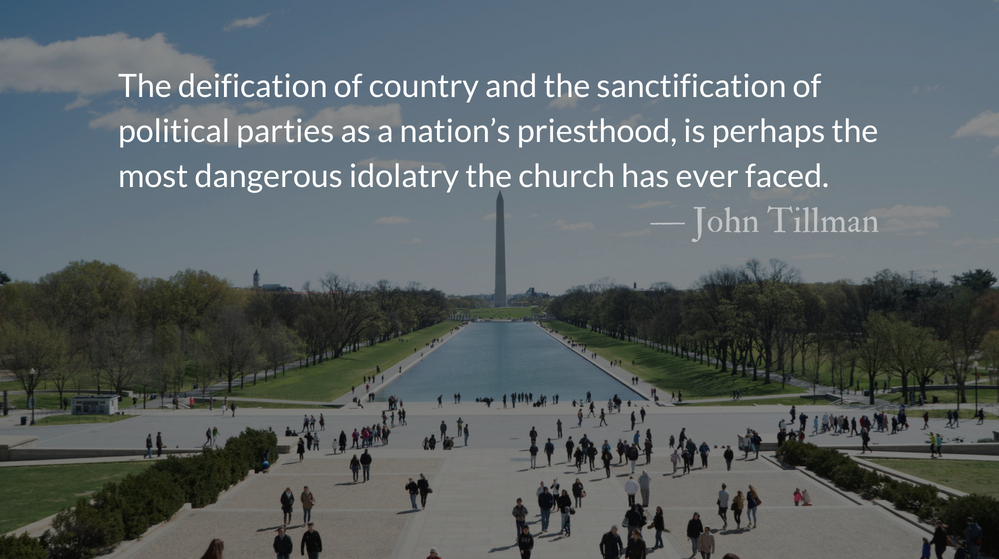Scripture: Revelation 10.10-11
I took the little scroll from the angel’s hand and ate it. It tasted as sweet as honey in my mouth, but when I had eaten it, my stomach turned sour. Then I was told, “You must prophesy again about many peoples, nations, languages and kings.”
Guided prayers and meditations are a common part of Christian spiritual practice. Return to this prayer through the day or over the weekend, as it will be a different experience based on your mood and surroundings. — John
Reflection: The Weight of Nations :: A Guided Prayer
By John Tillman
Isaiah 40 is one of the most loved and read sections of Isaiah. It starts out sweet in our mouths. As we recite some passages we hear the music of Handel thrumming beneath them.
Comfort, comfort my people,
says your God.
Thank God for this passage which speaks from our future.
But as we read, like the scroll John eats in Revelation 10, there are passages that sound sour notes as well.
A voice says, “Cry out.”
And I said, “What shall I cry?”
“All people are like grass,
and all their faithfulness is like the flowers of the field.
Our faithfulness is often beautiful, but does not last. Reflect on a time your faithfulness waned and confess it to God.
Flowers fade and wither, yet they also bloom again. Ask the Holy Spirit to renew your faithfulness.
One way we can be unfaithful is replacing God in our hearts with other concerns.
Surely the nations are like a drop in a bucket;
they are regarded as dust on the scales…
Before him all the nations are as nothing;
they are regarded by him as worthless
and less than nothing.
Strong feelings of love and affection for our nation are not evil, but how do they compare to our feelings for God’s kingdom? Do we equate loving country with loving God? Do we confuse the one with the other?
Imagine standing with Christ at the scales mentioned in the passage. Separate your feelings of patriotism and country from your feelings toward God’s kingdom. Place them on opposing sides of the scale. What happens?
Ask the Holy Spirit for the answer.
Ask the Holy Spirit to help you realize the true scale of God’s kingdom.
He sits enthroned above the circle of the earth,
and its people are like grasshoppers…
He brings princes to naught
and reduces the rulers of this world to nothing…
“To whom will you compare me?
Or who is my equal?” says the Holy One.
Praise God for His incomparable kingdom and the peace and comfort we can access as its citizens and representatives on earth. Through word and deed, go out and proclaim this good news and comfort.
You who bring good news to Zion,
go up on a high mountain.
You who bring good news to Jerusalem,
lift up your voice with a shout,
lift it up, do not be afraid;
say to the towns of Judah,
“Here is your God!”
Prayer: The Call to Prayer
Bless our God, you peoples; make the voice of his praise to be heard;
Who holds our souls in life, and will not allow our feet to slip. — Psalm 66.7-8
– Prayer from The Divine Hours: Prayers for Springtime by Phyllis Tickle.
Full prayer available online and in print.
Today’s Readings
Isaiah 40 (Listen – 5:09)
Revelation 10 (Listen – 1:59)
This Weekend’s Readings
Isaiah 41 (Listen – 5:00) Revelation 11 (Listen – 3:24)
Isaiah 42 (Listen – 4:11) Revelation 12 (Listen – 2:58)
Additional Reading
Read more from A Prayer for My People from China :: Worldwide Prayer
Loving God,
For my people, I cry out to you…
Read more about Praying for Political Leaders :: Readers’ Choice
When people are caught in a system dominated by hate there is an opportunity for Christians to participate in redemption.











